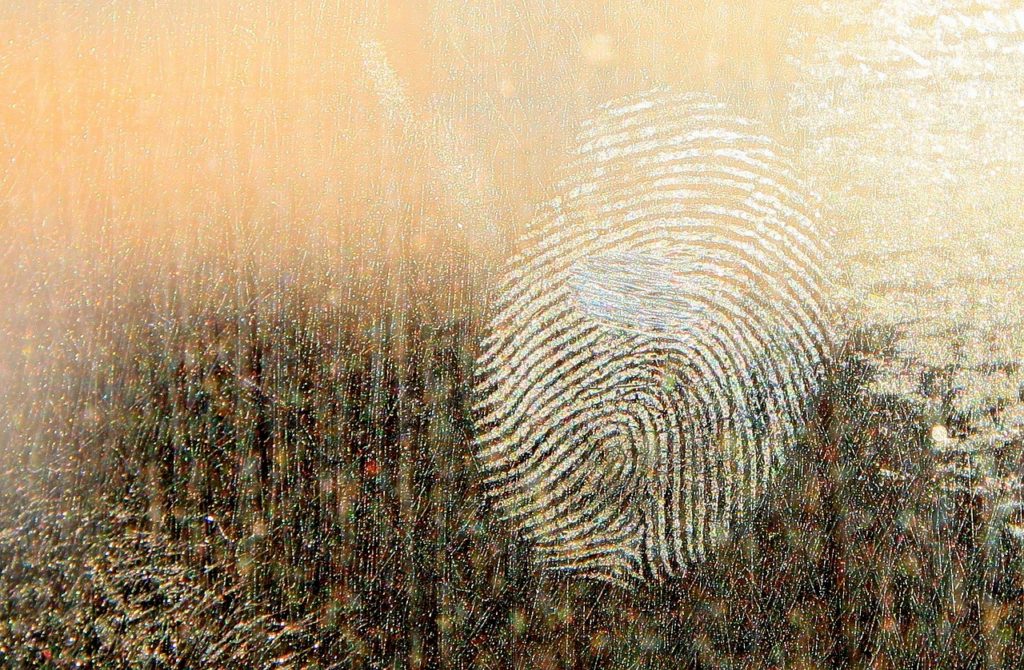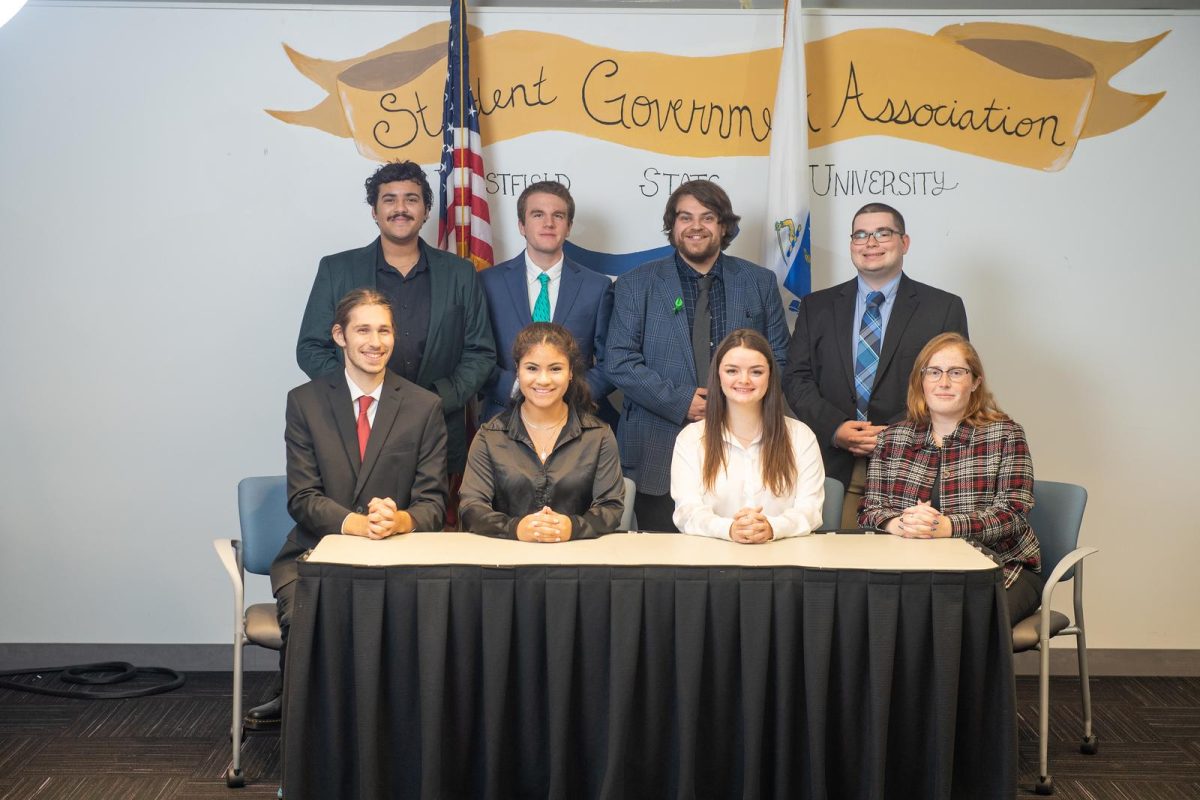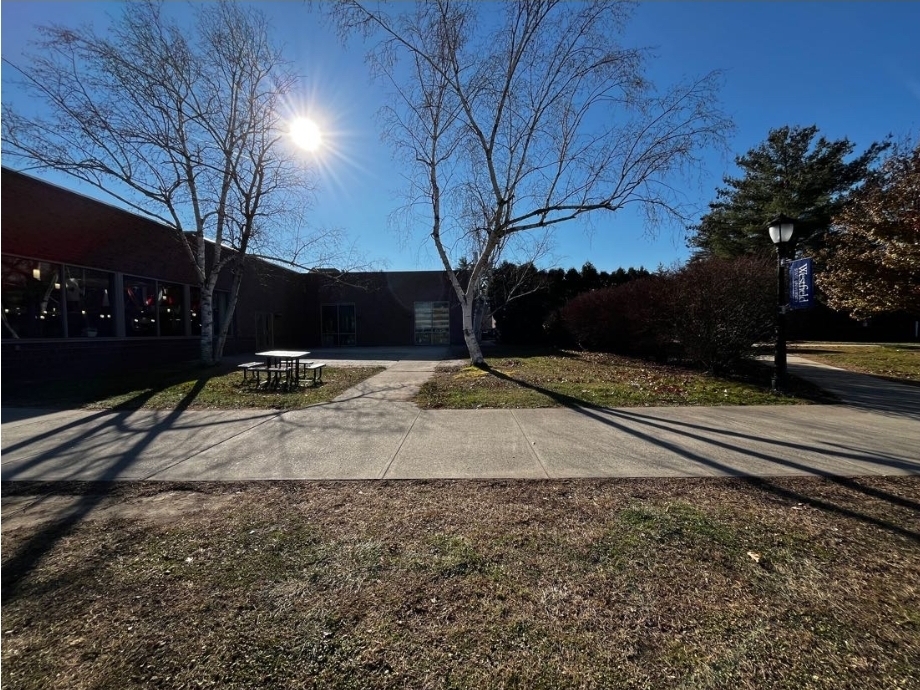Forensic scientist, Dr. Henry C. Lee visited Westfield State University Feb. 6 to share his personal experience in the field. His lecture titled “The Story Forensics Can Tell” gave insight to his previous investigations and got WSU’s Criminal Justice students excited for their future in the field.
Having worked on more than 8,000 cases in over 46 countries, Lee became the Chief Emeritus for the Connecticut State Police between 2000-2010. He previously served as the Commissioner of Public Safety for the State of Connecticut from 1998 to 2000, Connecticut’s Chief Criminalist, and as Director of State Police Forensic laboratory from 1978 to 2000.
Lee has had the opportunity to work on renowned cases including the O.J. Simpson Trial, the “Woodchipper” murderer conviction, as well as as the murder of Jon Benet Ramsey.
Born in China, and having grown up in Taiwan, Lee began his work in criminal justice as Captain of the Taipei Police Department. He then came to the United States with his wife in 1965.
Lee earned his B.S. in Forensic Science from John Jay College in 1972, and later attended NYU to study biochemistry. He earned his Masters Degree and Ph.D. from there.
Lee has also received plenty of special training from the FBI and other organizations, having earned him five honorary Doctorate Degrees from different Universities for to his contributions to Law and Science.
About four decades ago, Lee joined the University of New Haven, for which he created a Forensic Sciences program. He’s taught as a professor at multiple universities, law schools, and medical schools.
Lee spoke with lots of experience as he shared his life story with the WSU community. He spoke with much empathy towards the human race.
Forensics is a lot of detective work. Lee explained how specific tracing of blood on victims and the pattern of blood may determine whether a death is considered a suicide or homicide.
Just as well, Lee shared more of his intimate experiences in the field. One dilemma he encountered was his inability to eat meat after seeing dead bodies. However, this was something he was able to overcome eventually.
Lee also expressed difficulties on the job created uncomfortable feelings that followed him outside of work. However, the longer he worked in the forensic department, the easier it was to differentiate between his work life and his home life.
Hearing his encounters with some of the most famous crime and murder cases of our time, was shocking, as well as inspiring. Lee clearly loves what he does, and hopes to spread his attachment to forensic science amongst others.
Through sharing his experiences, Lee provides positivity, encouragement to never give up, and to make the impossible, possible.


























